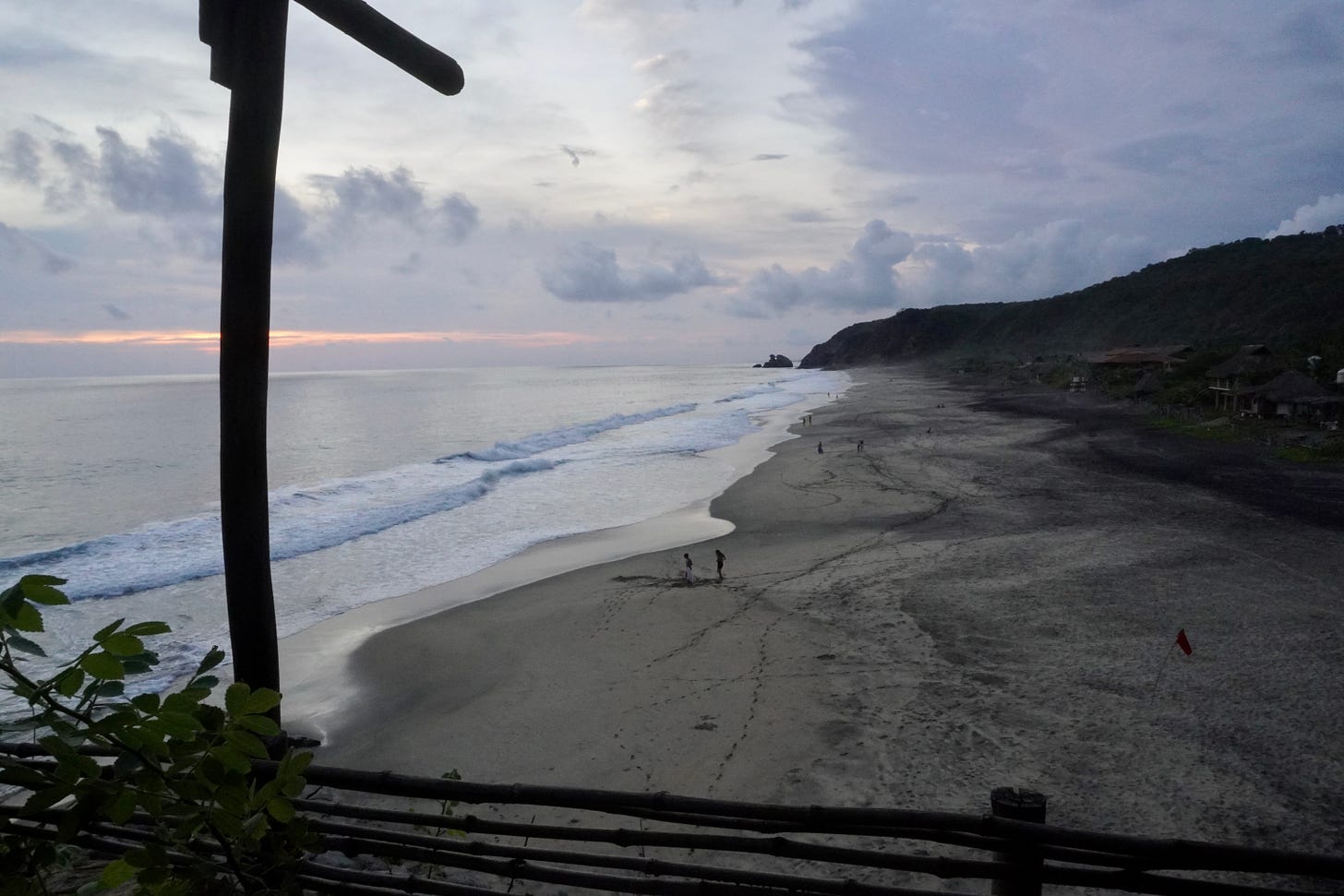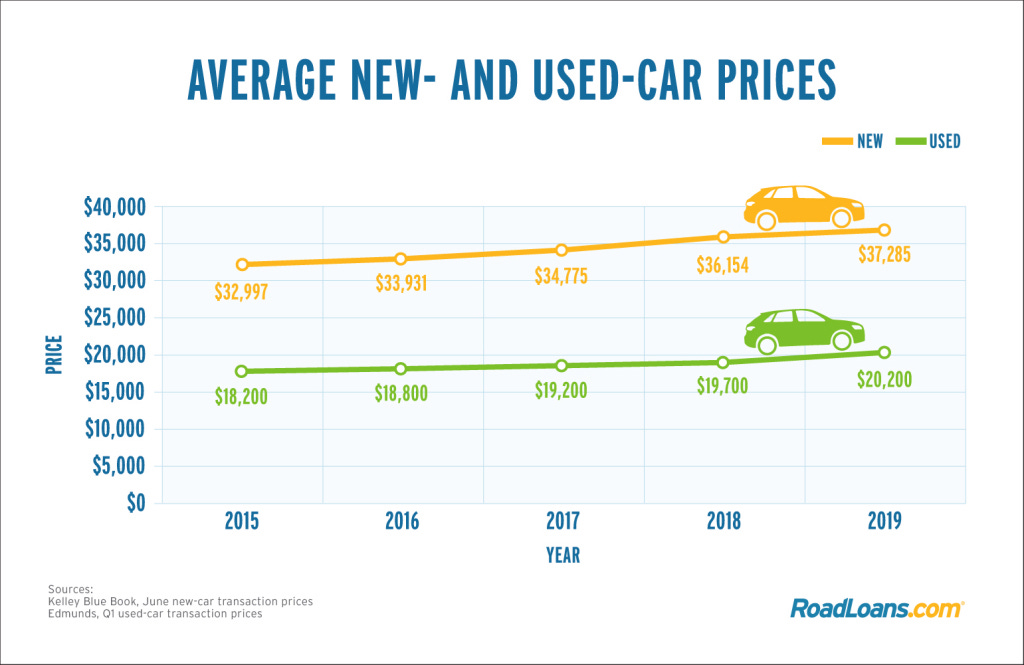November 1st, 2020: Greetings from Puerto Escondido. I was down the coast on a mini-retreat with my wife without internet for a few days. We stayed at a small cabin on a cliff built a year ago by a former Unilever employee who fled Mexico City with his wife to live by the beach. It was a nice little break.

#1 The “default” options
I rented a car this weekend that was unlike anything I’ve seen in the US. It was American-made (a Chevy) but not made for Americans. It was a bare bones Chevy Aveo model lacking many amenities that I assumed were standard.
It’s also a car that was more than enough for me if I were in the market for a new car. This led me to want to figure out if there really was a difference in the cars between countries. On the US Chevy.com site the cheapest car I found was a Spark model costing $13,400.

In Mexico there are even lower-cost options than the Spark, not to mention the four-door Aveo I was driving for less than $10,000.

There are certainly many legal and regulatory reasons for this difference, but the reality is that Chevy is choosing not to manufacture lower-cost models for the US.
One way they can do this is continue to add interesting features. If every other company adds the same features, people start to assume that is the default. As long as the new features don’t eat up the price hikes, the companies are in good position to keep growing without intense competition.

Driving the sub-$10k Avea I felt duped. “Why can’t I buy this in the US!!?!”
It seems that with many things in the US and other high-cost countries, people seem to accept that “that’s just what it costs” in a sort of learned helplessness that keeps the system and companies from having to innovate and from us ever imagining there might be another way.
Yet evidence from around the world seems to indicate that many things are available without all the features at a fraction of the cost.
A four-year college degree is one example. In the US the four year college degree is a university education plus a four year stay at a high-end resort. For my friends in France, they did the bare bones version without the resort experience at a fraction of the cost. In the US, we assume the resort experience is the default.
It seems our obsession with money keeps us focusing on who has more or less rather than trying to increase access to something more broadly or offer services without all the features. Technology is doing this in many ways, especially in education, but we are still stuck on past models of what something must cost and how it must be consumed to see the possibilities in front of us.
#2 Ebook?
I shared this on twitter and at least four people nudged me towards pulling together a collection of my writing into something more comprehensive. I think I’ll aim for something that is a collection of newer shorter Derek-sivers-esque essays with some of the longer stuff I’ve written but updated to be read as one whole volume.
It seems a bit scary to do this, but something that seems worth doing. Let me know if you have any thoughts or suggestions?
#3 Reads
I’ve been on a book binge recently. I really enjoyed these books:
American Bloomsbury by Susan Cheever (affiliate link)
This was a delightful read exploring the relationships between several famous writers that lived near each other in the 1840-1860s with the backdrop of increasing tensions surrounding slavery. I’ve read many of these writers but never knew how people like Emerson, Alcott, Hawthorne and Thoreau were so intertwined. It’s also fascinating to read about someone like Emerson who got kicked out of both the Catholic Church and Harvard (though only for 25 years).
The Great Work of Your Life by Stephen Cope (affiliate)
I’m still reading this one, but its an interesting exploration of the work of several different people told through the lens of the Bhagavad Gita which I hadn’t really read much about. One of the takeaways highlighted by cope was the lesson that “Bringing forth what is within you is mostly about creating the right conditions.” I think about this a lot in terms of the people I’m surrounded by, what I eat, how I move and what kind of working environment I’m in.
Hell Yes or No by Derek Sivers (link)
I’m reading this collection of short essays from Derek Sivers which has a number of profound lessons from someone who’s spent his life questioning almost everything around him. I love how he simplifies complex ideas into a few sentences that anyone could understand. The book starts out with a bold question:
You know that feeling you have after a big meal? When you’re so full that you don’t want anything more?
Ever wonder what that would feel like in other parts of your life?
We do so many things for the attention, to feel important or praised. But what if you had so much attention and so much praise that you couldn’t possibly want any more? What would you do then? What would you stop doing?
Thanks for reading. Follow on twitter or hit reply and share your thoughts!





